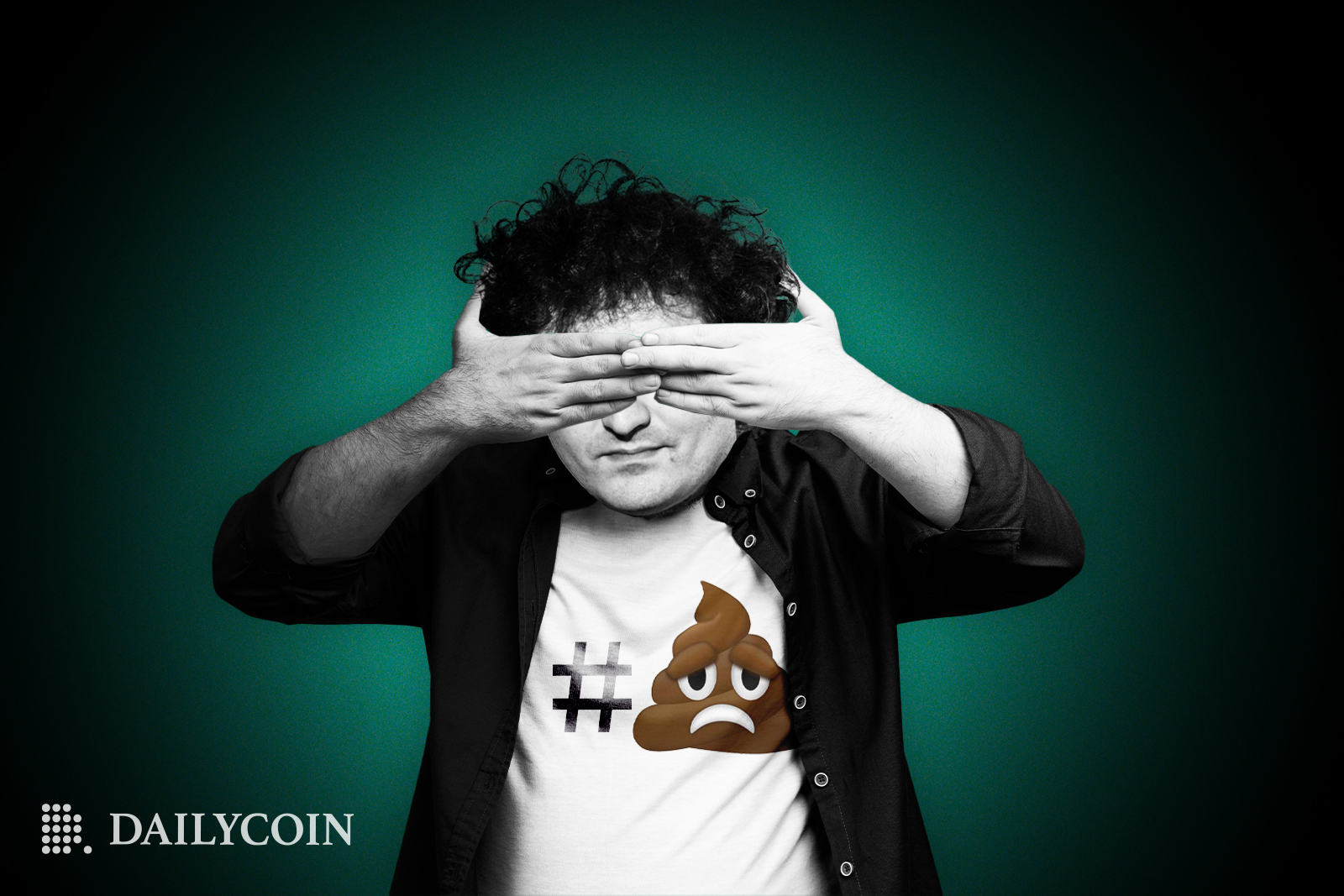
As the crash of the crypto exchange FTX unfolds, leaving billions in customer deposits seemingly gone, ex-CEO Sam Bankman-Fried (SBF) tries to explain his role in the fiasco.
In a recent interview with Vox, SBF related his side of the story. Less than a week after resigning and filing for chapter 11, he claims that filing FTX for bankruptcy was possibly his biggest mistake.
SBF tried to argue that he could have found the money if he had been left in charge of the company. But now he has to work with regulators, whom he blasted by saying that they “make everything worse.”
Sponsored
He also said that he still hopes to raise the $8 billion required to reimburse FTX depositors.
SBF Regrets Filing for Bankruptcy
“I have 2 weeks to raise $8b. That’s basically all that matters for the rest of my life,” SBF wrote in an interview via Twitter direct messages.
After suffering from a liquidity crunch, the crypto exchange found itself missing billions of dollars in depositors’ funds. The exchange paused withdrawals, and its CEO subsequently filed the firm for chapter 11 protection.
“You know what was maybe my biggest single fuckup? The one thing *everyone* told me to do [...] chapter 11,” he wrote.
SBF claimed that FTX’s bankruptcy could have been avoided if he had just kept trying to raise more money. He claims that “withdrawals would be opening up in a month with customers fully whole” if he was left in charge.
Sponsored
“But instead I filed, and the people in charge of [the company] are trying to burn it all to the ground out of shame,” he wrote.
Ahead of the bankruptcy, Bankman-Fried sought $8 billion from investors to return the money to account holders. However, there is no indication of any interest in bailing out FTX.
“Regulators Make Everything Worse”
Even if Bankman-Fried managed to get funding, he would require negotiations with FTX creditors and the approval of the bankruptcy court.
Earlier, SBF had been conciliatory towards regulators, even welcoming some amount of crypto regulation. In a recent interview, he acknowledged that this was “just PR.”
"F*** regulators. They make everything worse. They don't protect customers at all," he wrote.
Bankman-Fried also addressed the recent FTX hack, which happened days after the company declared bankruptcy. The exchange suffered an attack that saw $400 million of the remaining user funds transferred to a third-party wallet.
He said he believed that the hack was caused by either an ex-employee or malware on an ex-employee’s computer.
SBF’s Side of the FTX Collapse
Sam Bankman-Fried claims that FTX never directly used customer deposits to fund risky ventures in its sister company Alameda. Instead, FTX loaned its own money to Alameda.
SBF claims that “messy accounting” made him not realize just how much money FTX loaned to the quant firm until it was too late.
The downfall started when Alameda took huge losses after Terra’s LUNA stablecoin collapsed. Afterward, it was revealed that FTX gave large loans against customer deposits to Alameda. Ultimately, this was what left FTX vulnerable to a bank run.
SBF said he should have done more careful accounting and offboarded Alameda from FTX once FTX could live on its own.
On the Flipside
- There is no indication that Sam Bankman-Fried convinced anyone to provide a part of the $8 billion that FTX needs to make depositors whole.
Why You Should Care
The collapse of FTX has had a systemic impact on the entire crypto world, even affecting crypto investors that never put their funds in the exchange.
Find out more about the FTX collapse:
FTX Group Files for Bankruptcy, Sam Bankman-Fried Resigns as CEO
See What One FTX Investor Says About SBF:
Despite Funds Lost on FTX, “Shark” Kevin O’Leary Would Still Invest in SBF
